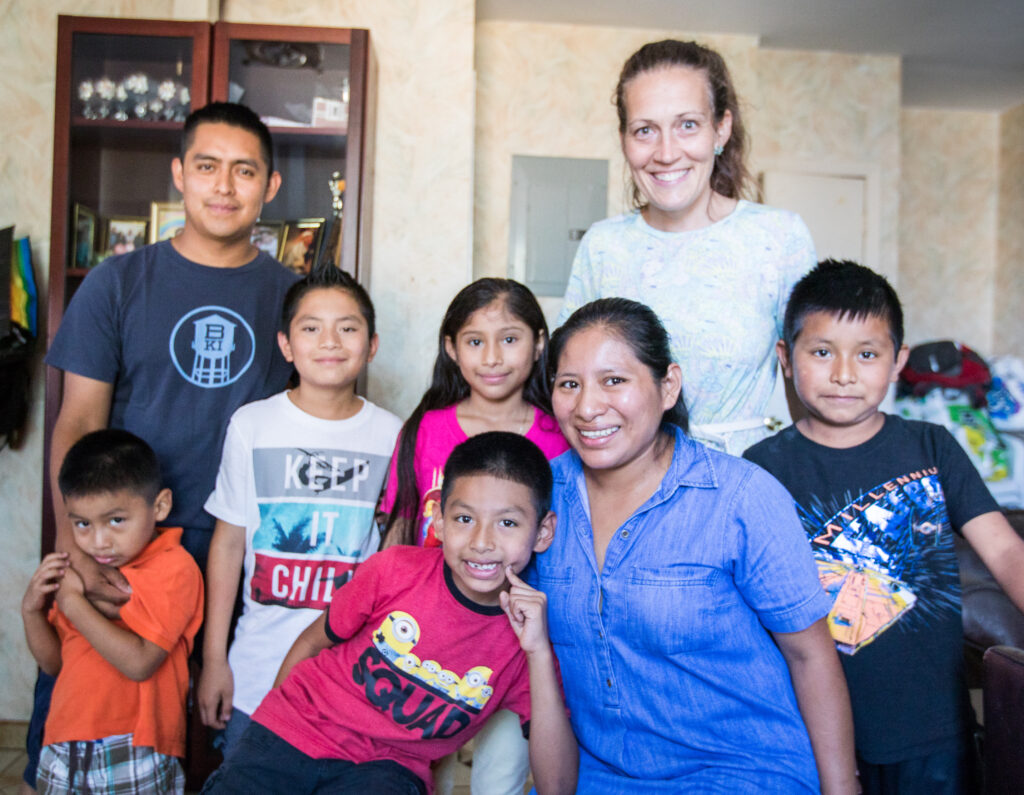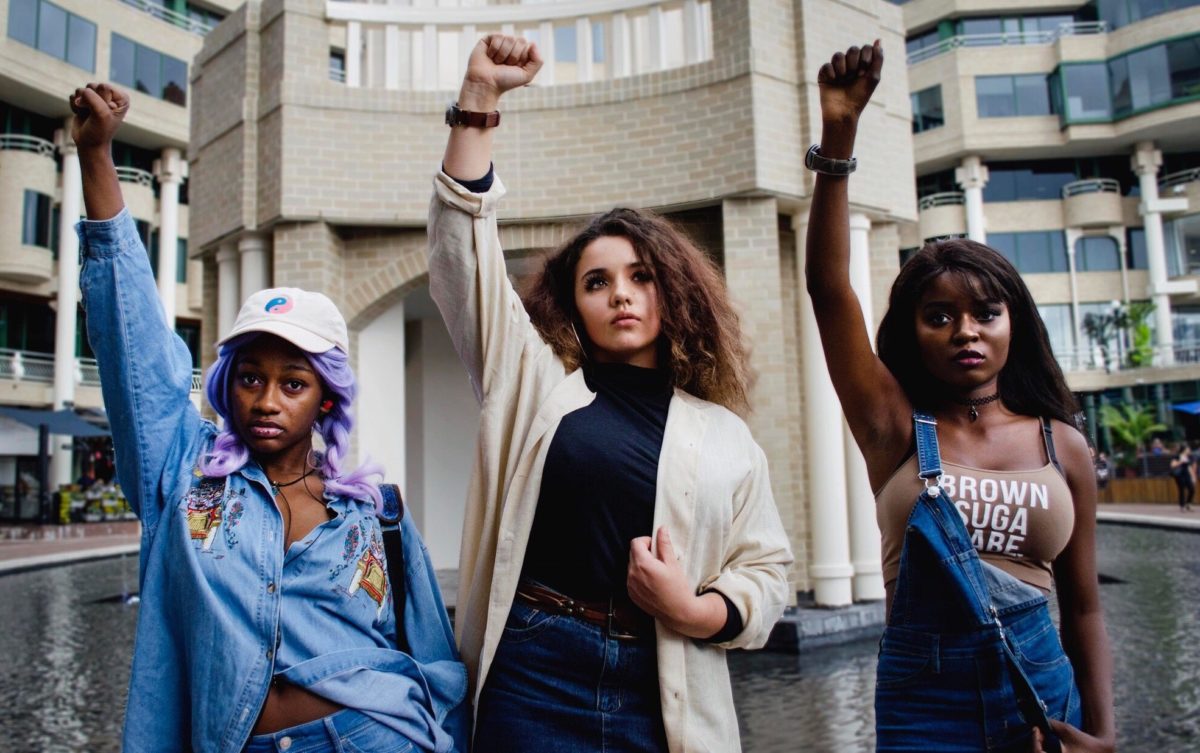This week, pro-choicers are up in arms over one single word included in the GOPs proposed tax plan. The plan allows for families to open what’s called a 529 education savings accounts for their unborn children. Apparently the “unborn” are now on par with Darth Vader.
Ilyse Hogue, President of NARAL Pro-Choice America explains, “This dangerous ‘personhood’ language needs to be highlighted. The conversation about when life begins belongs with our scientists, our clergy, and our families. The last place it belongs is in our tax code.”
Science, our clergy, and our families. These are the three parties Hogue believes are “allowed” to decide when life begins. So, she’s saying, life begins whenever any of those people say it begins — it’s not simply black and white. And that’s the world we live in, right? Nothing is black and white and everything is relative… Oh, of course, aside from whatever pet issues they decide are totally black and white and indisputable.
But can this really be how the world works? Can we really say that the beginning of a human life is relative? And for what purpose, other than abortion, would we ever fight against the simple notion that a human being has always been a human being, even in the womb?
Hogue argues that clergy and families should be able to decide when life begins. When your pregnancy is wanted, whether you are pro-choice or pro-life, that “thing” growing in the womb is called a “baby.” You have baby showers, you buy baby clothes, you’ve made a baby board on Pinterest, and so on.

Everything your family and religious community does and says regarding your pregnancy is in preparation for a baby — a unique and distinct human being.
And when the tragedy of pregnancy loss occurs, you mourn the life of that baby. Those feelings of grief for the loss of life are valid and necessary. Regardless of your political beliefs about abortion, pregnancy loss and the grief tied to it hint at a deeper existential belief about when life begins — when it starts to matter.
Some might say that our grief is related to our hopes and dreams, now dashed. My friend recently miscarried early on in her pregnancy. She actually didn’t even know she was pregnant until after her miscarriage. Her doctor explained what happened and why she was bleeding. She hadn’t developed hopes and dreams for this child, but she knew that it was a human being. This realization that a life had started and ended was enough for her to grieve.
In an article published by Slate, the author discusses the need for us to keep pregnancy “mysterious” and that not doing so threatens “women’s reproductive rights, but also limits the way we think and talk about pregnancy, pregnancy loss, and childbirth.”
She writes, “This mystery is what makes it possible for the same woman to choose an abortion and then grieve a miscarriage, or to pray for the survival of the 5-day-old embryo implanted in her womb by a fertility doctor while being at peace with the fact that, if that one makes it, the other half-dozen in the freezer will be destroyed. When we view life as evolving in stages, it frees us to experience all these moments in all their fullness and complexity.”
So essentially she is saying that in order to experience life to its fullest, we have to view everything as relative, denying science (and reality). But if, in experiencing life in its “fullness” we choose to devalue human life, are we not creating a massive ethical dilemma. It’s one we’ve seen before in slavery, Nazism, sexism, and so on. Will we endlessly repeat history, never learning from these mistakes?
When it comes to science, we can debate the meaning and purpose of the heartbeat and development of the spine and all of these significant benchmarks, but one thing will always be true — the offspring of a human being is a human being. Plain and simple.
I don’t know about you, but I wasn’t anything else in the womb. I definitely wasn’t a cat. Or a tree. Or a pencil. I was a human being, formed exactly how a human being should be formed in the womb. A teenager’s brain isn’t fully formed until the age of 25, but does that mean they are less human? On the flipside, a 95-year-old’s body has been decaying for decades, losing its faculties, but it is still a human being with value.
Hogue argues that science should be the deciding factor on when life begins. But, I’d argue, that no matter how many earth-shattering scientific studies come out, the debate will continue.
Because this debate isn’t about science, or ethics, or even women’s rights. It’s about money.
Tragically, the abortion industry profits off of a woman’s decision to abort. More “dangerous personhood” language means more acknowledgment of life in the womb, which means less abortions, which means less money.
Hogue doesn’t really care about what women will lose if this tax plan goes through. She’s afraid for what it would mean for NARAL and afraid that her hefty executive salary might take a hit.





